Overwatch 2’s latest hero looks like he could run directly through a brick wall, but in order to get any mileage out of Ramattra in a tough game, players will have to think like a strategist instead of relying on brute strength.
Developers have described Ramattra, who launches with Overwatch 2’s second season on Dec. 6, as the game’s first “tempo tank.” Though this is a bit of a strange term to use, it does accurately describe the ebb and flow that players have to keep track of when using Ramattra’s dual forms.
Ramattra enters the game with a reasonably complex kit in comparison to some of his tank counterparts. Besides mastering the ability to shift into his Nemesis Form, which gives him increased health and a new primary fire, players will have to learn the correct timing for his crowd control abilities and high-cooldown shield.
To nail down the best way to play the revolutionary omnic, Dot Esports got early access play time and also solicited advice from some of the community’s top creators. Here’s how to make the most of your time as Ramattra.
How to play Ramattra in Overwatch 2
The Overwatch community was rightfully a bit confused at the use of the term “tempo tank” since other tanks, like Winston or D.Va, are also reliant on the tempo of a battle to achieve success. Knowing when to dive into battle and when to back away or regroup is a critical skill for all of these heroes.
For Ramattra, the separation between aggressive offense and ranged defense is much more linear–it’s literally changed with the tap of a button–so he got the tempo tank title.
In short, Ramattra’s original form appears to be better suited to defense and ranged damage while his Nemesis Form feels built for the heat of battle and tempered aggression.
Use Ramattra’s primary fire, Void Accelerator, to deal reasonable amounts of damage without getting too close to the enemy; the ability doesn’t have falloff, which means it can still hit from meters away. Ramattra’s barrier has a hefty 1000 HP but a lengthy cooldown, so it’s best used to shield key damage dealers on your team from destruction.
When the fight gets hairy, shift into Nemesis Form. Ramattra gains extra health as well as a new primary fire, Pummel, that sends a wave of energy from a melee punch. This wave goes through enemies, so it can inflict damage in a crowd fairly easily. There’s also a block ability in Nemesis Form, but it has zero benefits except damage mitigation, so it should be used sparingly or to stay alive for a longer ultimate.
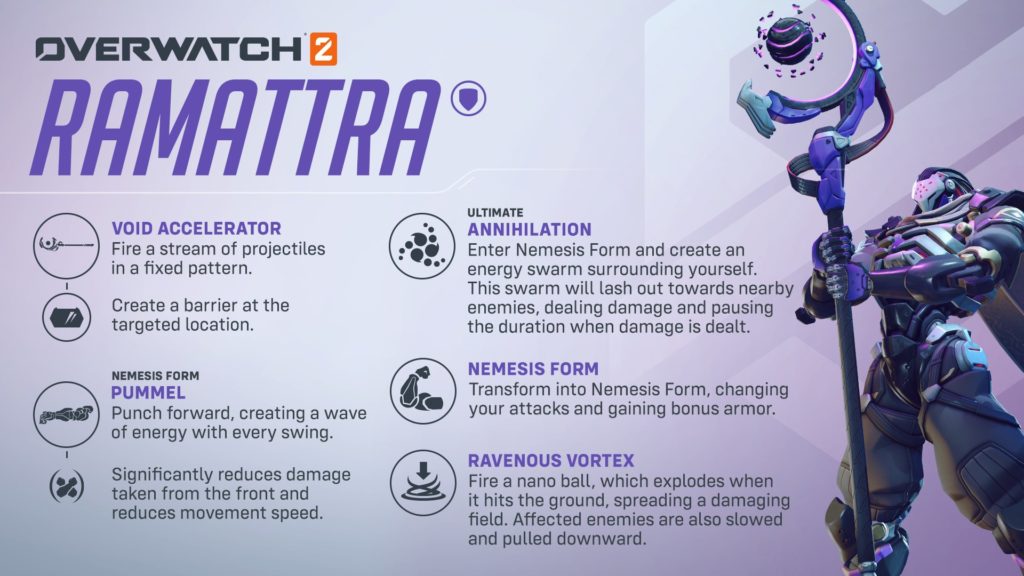
In both forms, Ramattra can use Ravenous Vortex, a ball that explodes when it hits the ground to create a “tornado” that inflicts minimal amounts of damage and slows enemies. Though it seems like a great way to drag down aerial enemies, the area of effect is rather small; it’s better used like Sojourn’s Disruptor Shot to inconvenience grouped-up enemies.
Ramattra’s ultimate, Annihilation, instantly shifts him into Nemesis Form and creates a circle of energy that radiates around him. Tendrils attach to nearby enemies and deal damage. Most importantly, the ultimate stays in action as long as it does damage. This does make you an instant target; make use of Ramattra’s block ability and intense healing from your team to get the maximum amount of utility out of Annihilation.
We also have a fair warning, at least for launch week: don’t hit the keybind for Ramattra’s Nemesis Form change (Shift on PC) during Annihilation or it’ll cancel your ultimate. We’re not sure if it’s a bug or a feature, but it’s something to consider.
How the experts play Ramattra in Overwatch 2
Ramattra is a fun hero for players at any level to experiment with, but to find out how to actually make waves with him, we had to call in a few experts.
“The most important trick to playing Ramattra will be to be patient with his cooldowns,” said SVB, one of the Overwatch community’s top creators who often hosts in-depth discussions about meta and the state of the game. SVB noted that it’s “tempting” to use all of Ramattra’s abilities and then shift into Nemesis Mode, but that players would be left “helpless” with no cooldowns.
He suggests you “poke patiently, wait to use your shield when you’re pressured,” and then use Ravenous Vortex before shifting into Nemesis Form “when there are squishy characters close enough to actually kill.”
Tank aficionado Flats had similar advice to “maximize value” while playing Ramattra. “Before you turn into Nemesis Form, be sure to use your shield; it will stay up for the four seconds that it lasts, regardless of what form you’re in,” he advised.
The strongest part of Ramattra’s kit is his ultimate, Annihilation, if used correctly. SVB noted that it’s “amazing in overtime or ‘we need to take the point’ situations,” clearing space and demanding attention from enemies.
Through his extensive testing of Ramattra, Flats also unlocked an amazing cycle to get the most out of the ultimate. “If you [use] Nemesis Form, then ult, after your ultimate ends–and if you can get it to last eight seconds–[Nemesis Form] will be back off cooldown,” he said, noting the cooldown for Nemesis Form starts after you the end the first use of it. “If done well, you can spend 24 [or more] seconds in Nemesis Form, which is great.”
Though Ramattra won’t be in ranked play until Dec. 20, you can hopefully use these tips to stomp a few enemy teams in quick play.



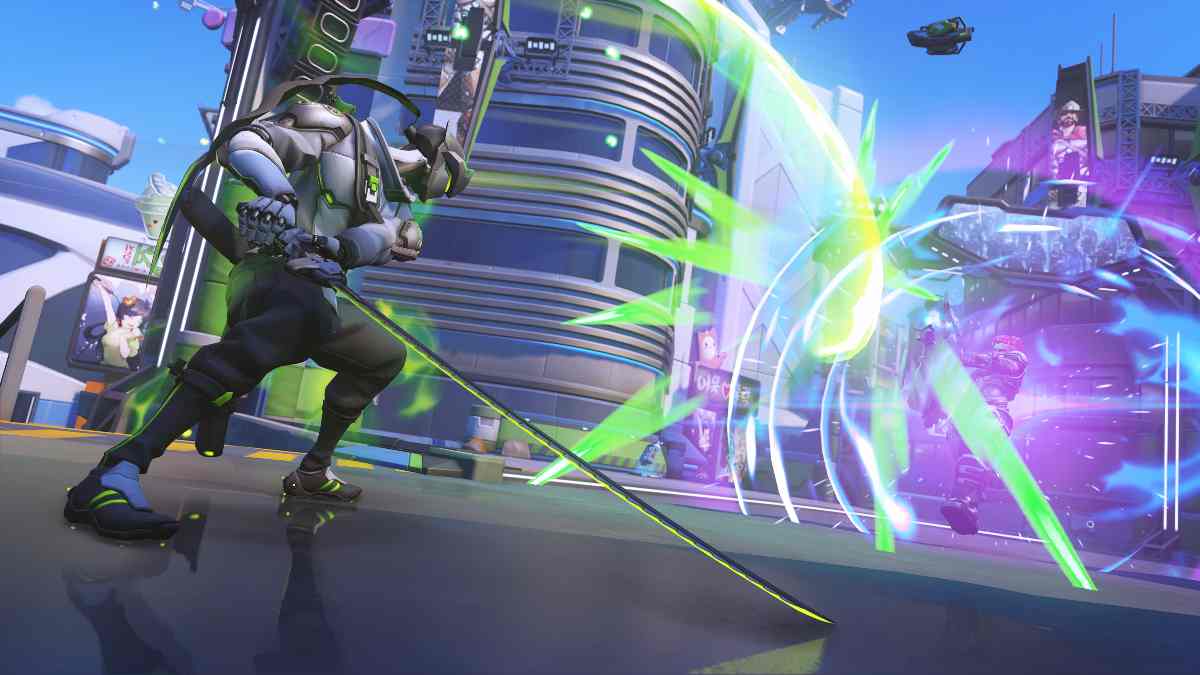
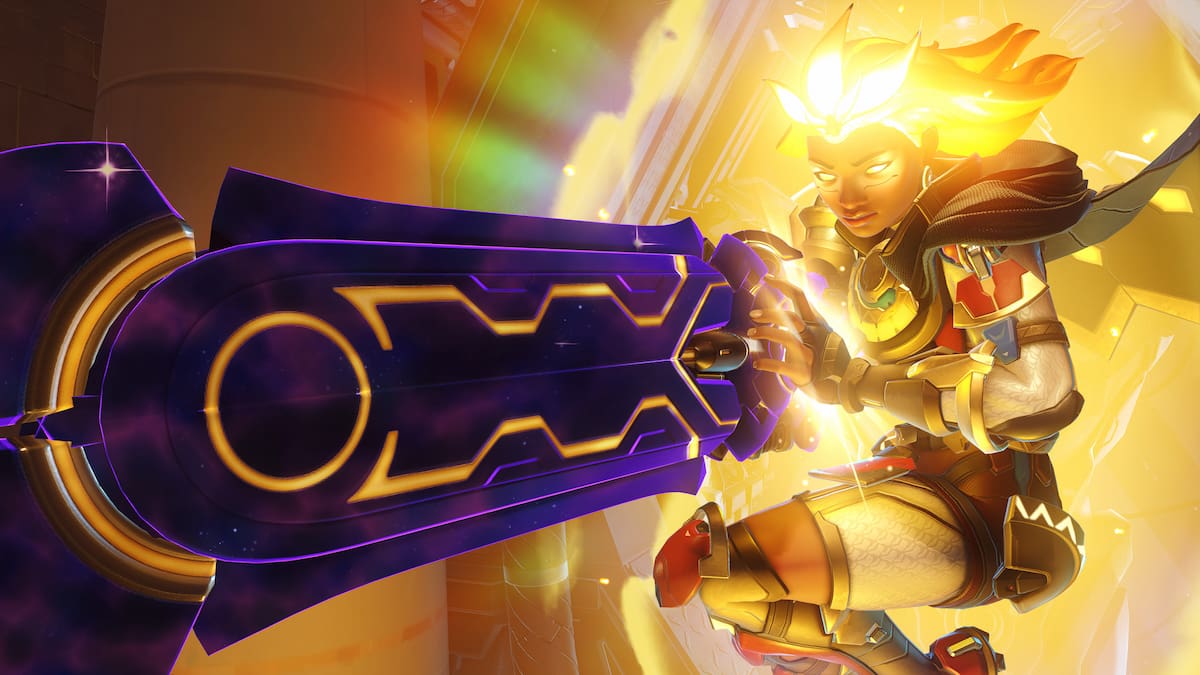





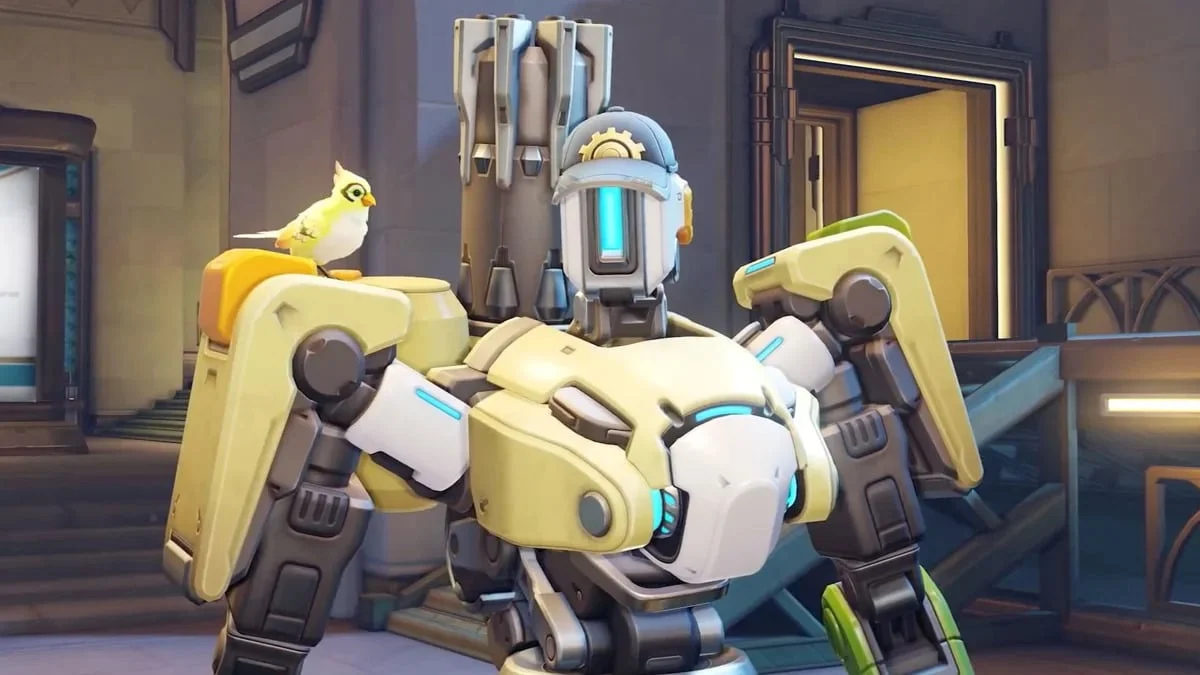
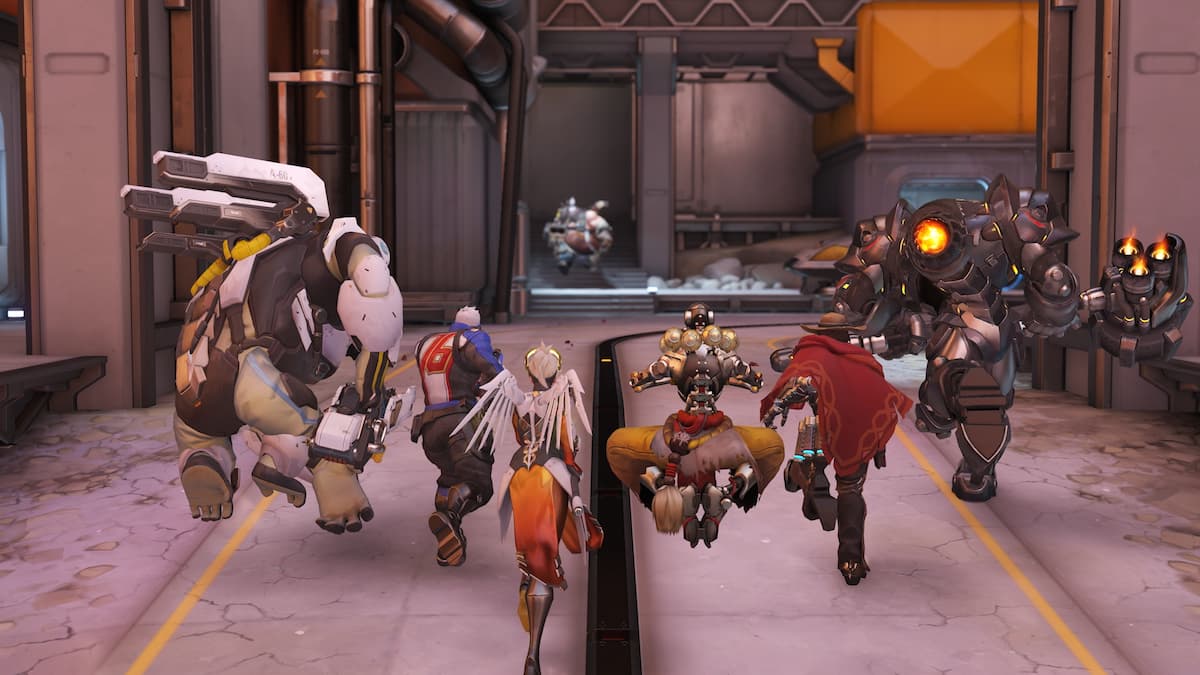
Published: Dec 6, 2022 02:00 pm